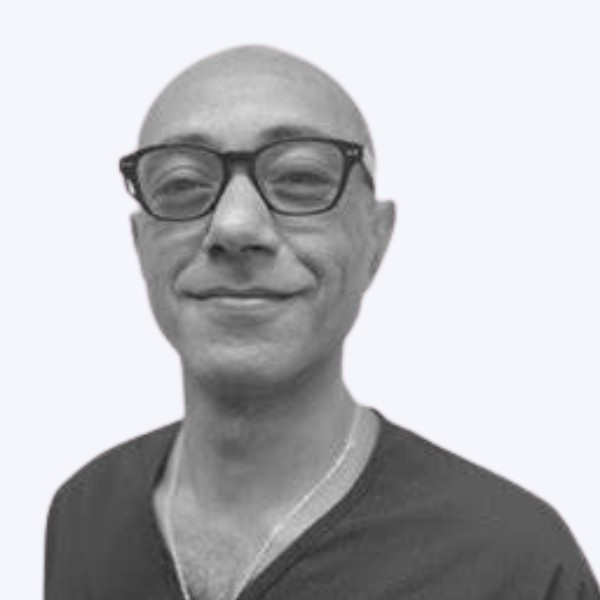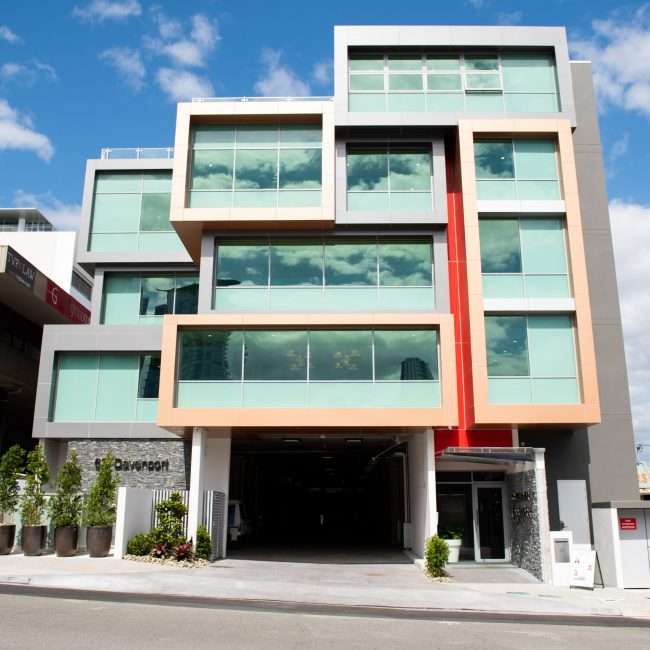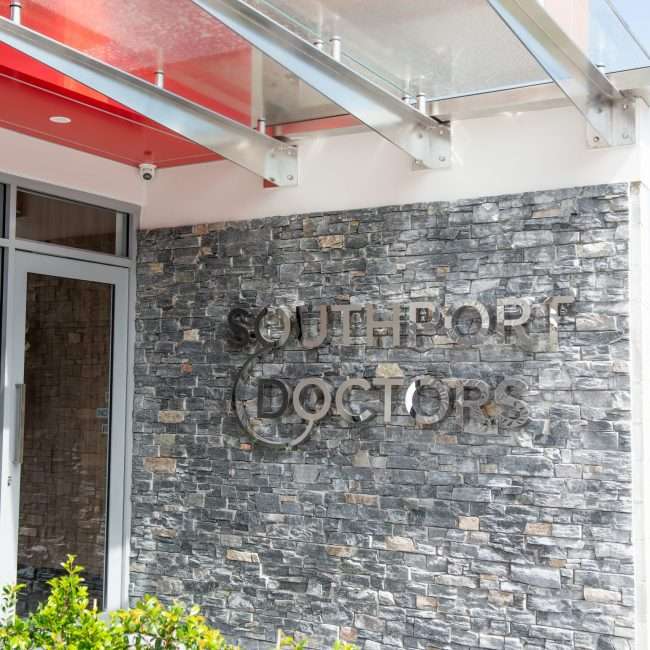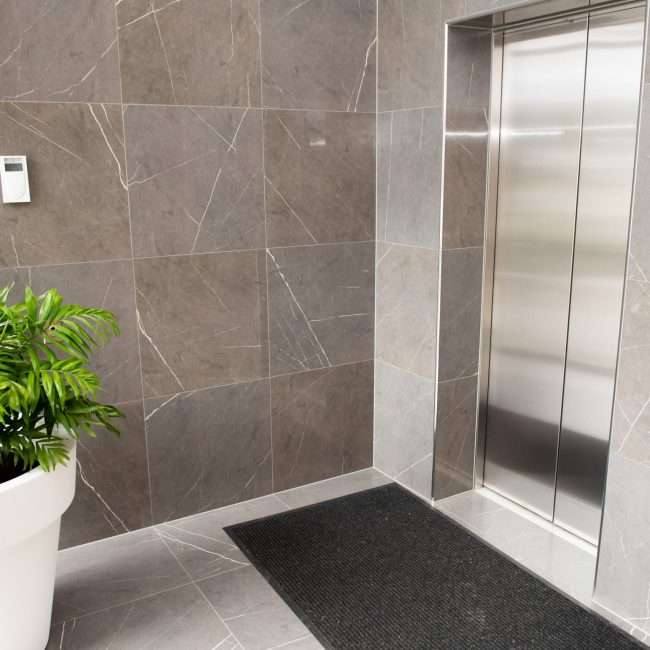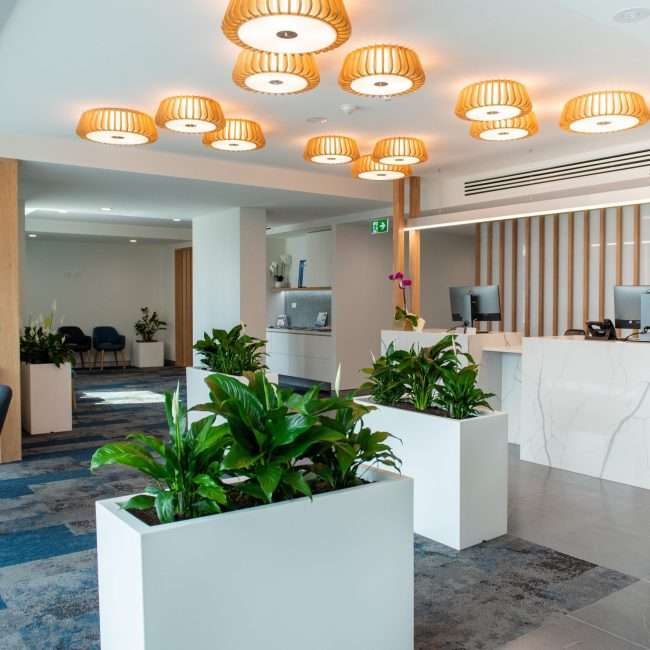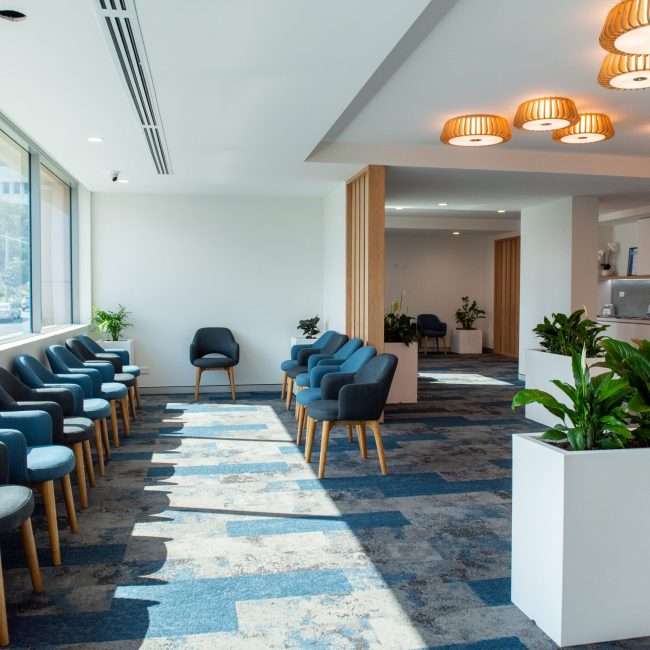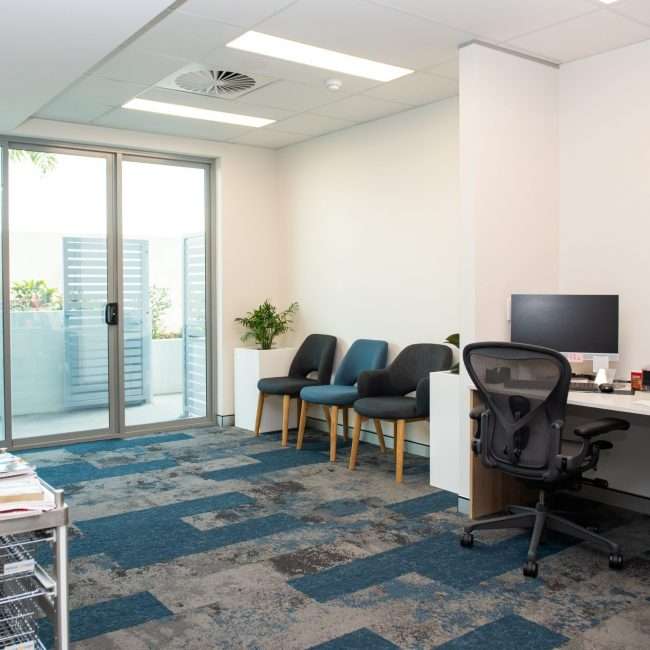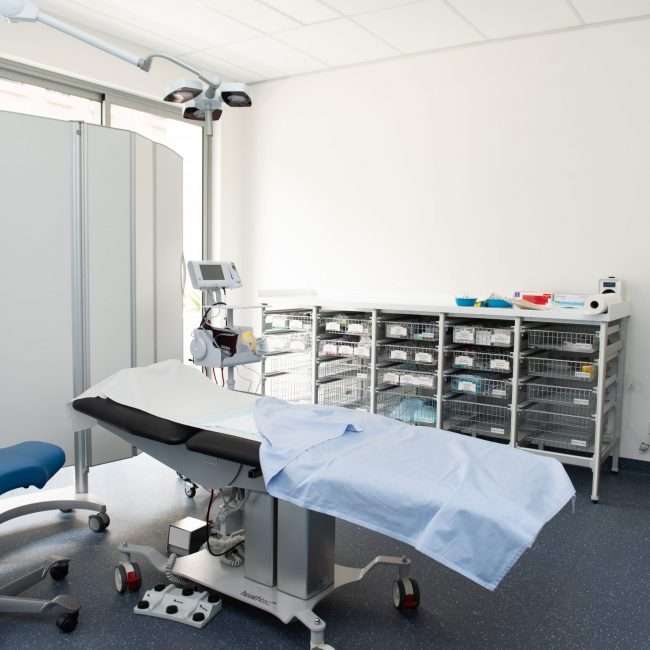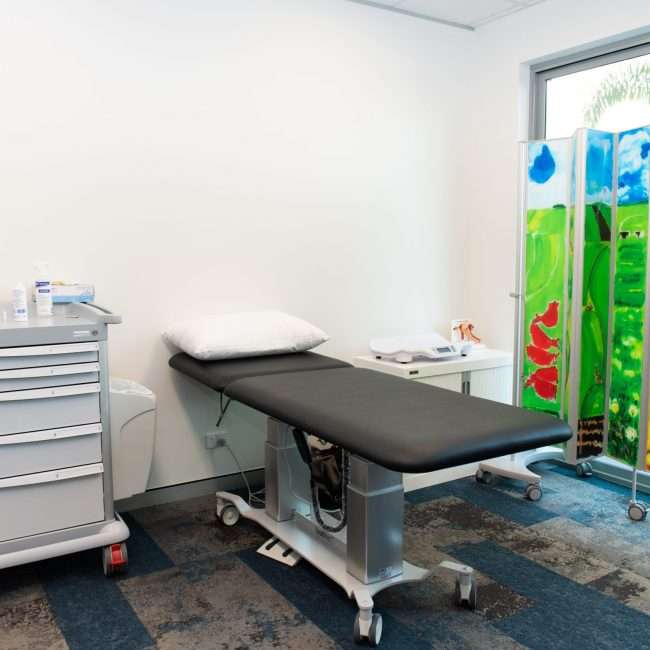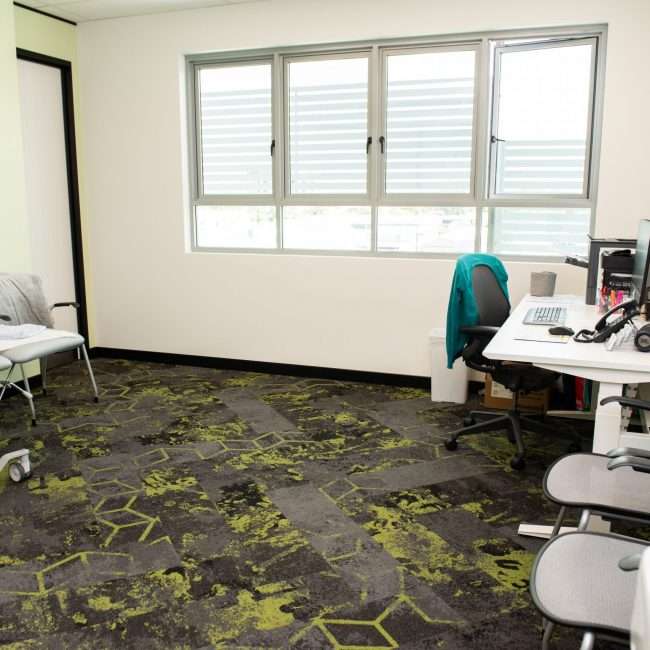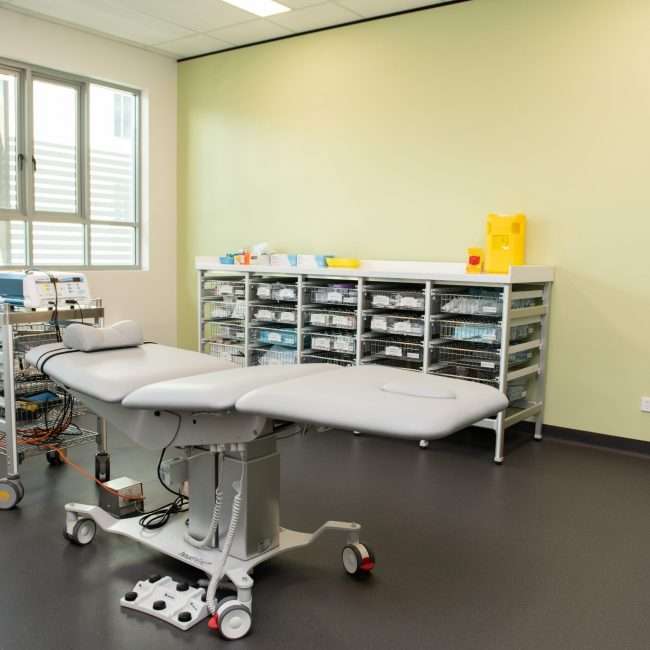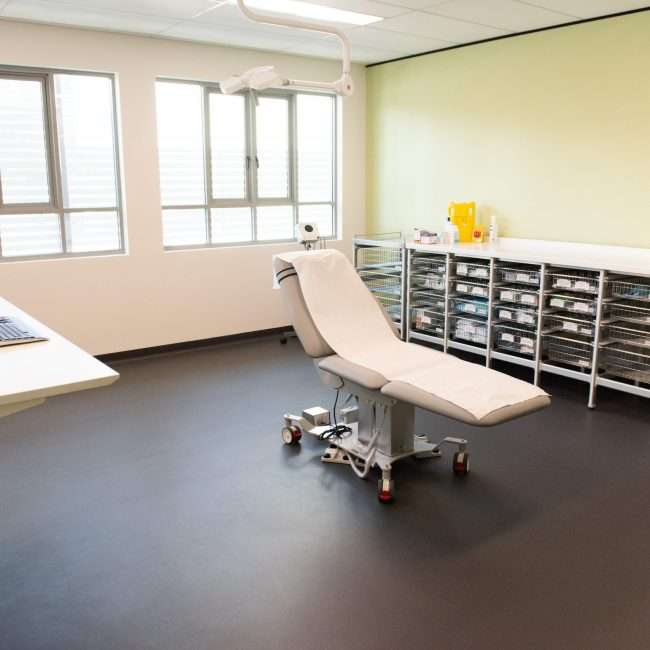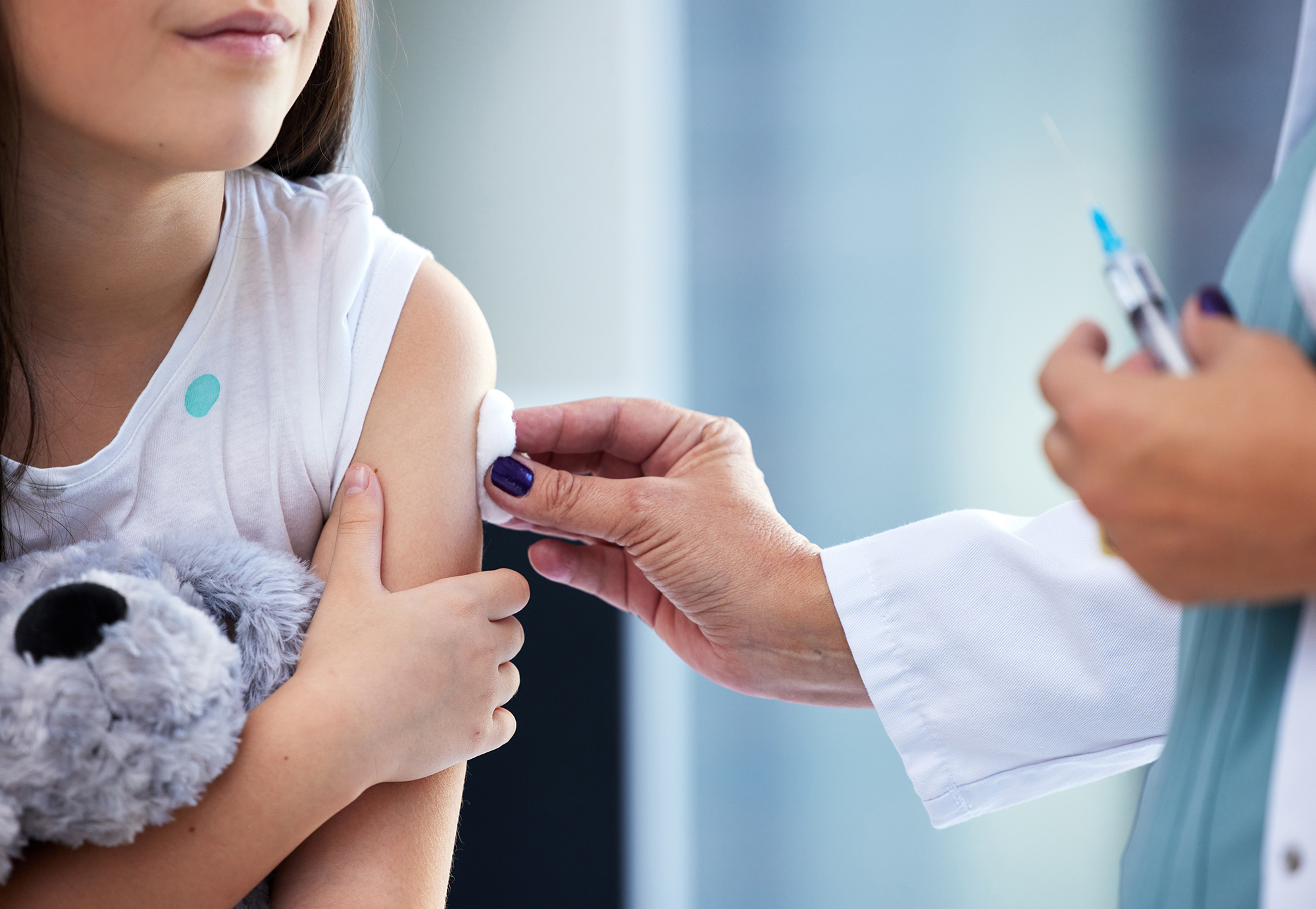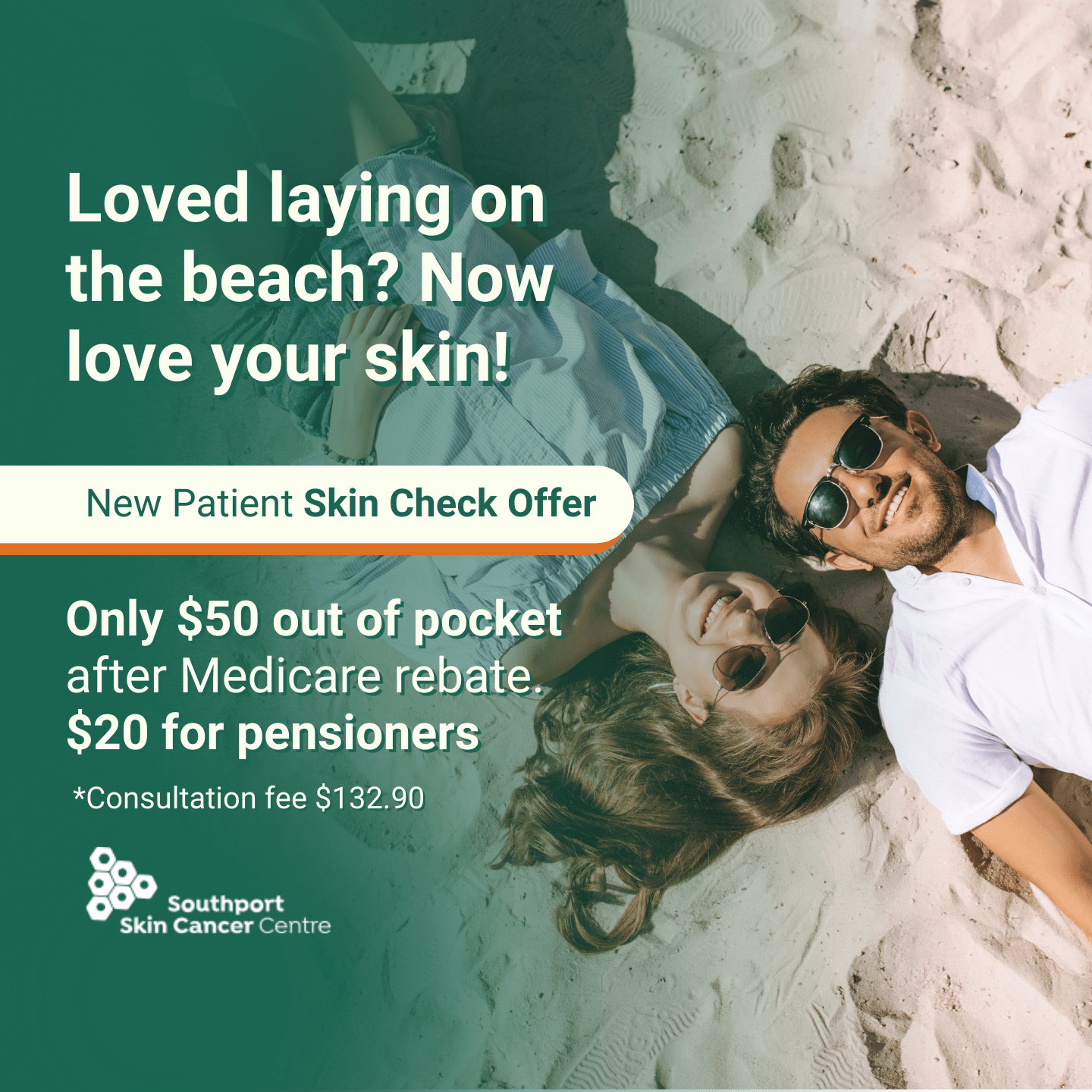Natural Daylight Photodynamic Therapy
Welcome to Southport Doctors’ latest addition to our dermatological services: Natural Daylight Photodynamic Therapy (NDPDT).

NATURAL DAYLIGHT PHOTODYNAMIC THERAPY
Maintain healthy skin with Southport Skin Cancer Centre
Welcome to Southport Doctors, where we are dedicated to providing innovative and effective treatments for our patients. We are excited to introduce a groundbreaking therapy: Natural Daylight Photodynamic Therapy (PDT), administered by our experienced physician, Dr. Ahmed Ramadan.
What is Natural Daylight Photodynamic Therapy?
Natural Daylight Photodynamic Therapy is a cutting-edge treatment option for various dermatological conditions, including actinic keratosis, certain types of skin cancers, and acne. Unlike traditional PDT, which typically involves the use of artificial light sources, natural daylight PDT utilises the sun’s natural light to activate photosensitising agents applied to the skin.
How Does Natural Daylight PDT Work?
During the procedure, a photosensitising agent is applied to the affected area of the skin. This agent is then activated by exposure to natural sunlight. The activated agent selectively destroys abnormal cells while leaving healthy surrounding tissue unharmed. The procedure is non-invasive and typically well-tolerated by patients.
Benefits of Natural Daylight PDT
Effective: Natural daylight PDT has been shown to effectively treat various dermatological conditions.
Minimally Invasive: The procedure is non-surgical and requires minimal downtime.
Safe: Natural daylight PDT selectively targets abnormal cells, minimising damage to healthy tissue.
Convenience: Treatment can be conducted outdoors during daylight hours, allowing patients to resume their daily activities immediately afterward.
About Dr. Ahmed Ramadan
Dr. Ahmed Ramadan is a highly skilled and experienced physician specialising in dermatology at Southport Doctors. With a passion for providing personalised care to his patients, Dr. Ramadan stays abreast of the latest advancements in dermatological treatments, including Natural Daylight PDT.
To learn more about Dr. Ahmed Ramadan and his expertise in dermatology, please visit his profile page here.
Schedule a Consultation
If you’re interested in exploring Natural Daylight Photodynamic Therapy as a treatment option for your dermatological concerns, we encourage you to schedule a consultation with Dr. Ahmed Ramadan. During your appointment, Dr. Ramadan will assess your individual needs and develop a customised treatment plan tailored to achieve optimal results.
Use the form on this page to contact Southport Doctors today to schedule your consultation and take the first step towards healthier, rejuvenated skin.
Make An Enquiry
Please fill in the online enquiry form to ask a question or request an appointment.
Meet Our Team
Frequently Asked Questions
Dr Michael Read is available to answer any questions regarding your vasectomy. Please take a read through our FAQ’s to see if your question has already been answered. Please feel free to call Gold Coast Vasectomy Centre on (07) 5531 3205 if you require further information.
What does skin cancer look like?
No two skin cancers look alike. Diagnosis is required followed by a careful examination by a professional of the entire skin surface. We recommend that if you have a concerning spot on your body, you should book in for a consultation with a skin cancer doctor.
How is skin cancer treated?
Treatments for skin cancer depend on the type and stage of the cancer. However, treatments will include either through surgery, freezing, radiotherapy, immunotherapy, targeted therapy or chemotherapy.
How is skin cancer diagnosed?
Skin cancer is diagnosed by a physical examination and a biopsy. The biopsy is a quick and simple procedure where part of the spot is removed and sent to a laboratory for testing. The biopsy can be taken by a doctor, surgeon or dermatologist. Results will take about a week to come back from the biopsy.
Tips on protecting your skin
To avoid overexposure to UV light, you should protect your skin by:
- Seeking shade
- Sun protective clothing
- Broad brimmed hat
- SPF 50 sunscreen every 2 hours
- Sunglasses
What if I burn easily?
For people whose skin burns really easily, you should cover up sensitive areas, wear sunblock and limit your sun exposure.
Sun exposure is safer between 10 a.m. and 2 p.m.
What is a health history?
A health history is a record of your general health. You may be asked about your health history over the phone or at your appointment. You may get a health history form to fill out before or during your visit. If you do not understand the questions, the office staff can help you.
Include information about the following:
- Illnesses and injuries
- Hospitalisations
- Surgical procedures
- Vaccinations (shots)
- Medications (ones you take now as well as ones you have taken in the past)
- Allergies
- Bad reactions to medications and foods
- Exercise habits, diet, and substance use (including alcohol, tobacco, and marijuana use)
- Illegal drug use
- Factors or events that have a major effect on your life, such as stress at work, getting married, or moving
- Family history of disease (including aunts, uncles, cousins, grandparents, parents, brothers, sisters, and children)
How does the sun effect my skin
Sunlight gives us vitamin D, which is important for healthy bones. However ultraviolet (UV) light from the sun can cause damage and skin cancer.
Our outer layers of skin contain melanin, which work to protect skin from UV rays. Melanin can only do so much to protect your skin. Overexposure causes damage to your skin cells and causes sunburn. UV rays penetrate the outer layers and pass into the deeper layers of skin, this is where the cell damage happens. Over time, your skin loses elasticity and ages quicker due to sun exposure.
Why does tanning occur?
Your skin tans because the exposure to sunlight causes the skin to produce extra melanin to increase protection. Tanning only begins occurring once dangerous ultraviolet (UV) rays have pierced through your skin causing damage. This extra melanin darkens your skin. However, the tan fades as these cells move towards the surface and die.

